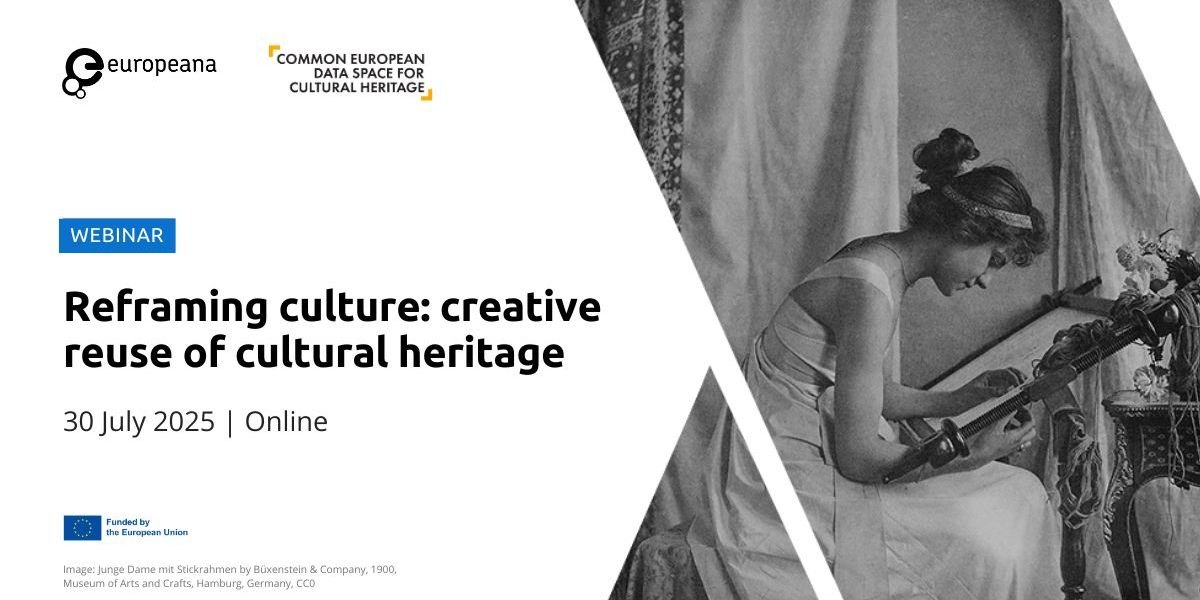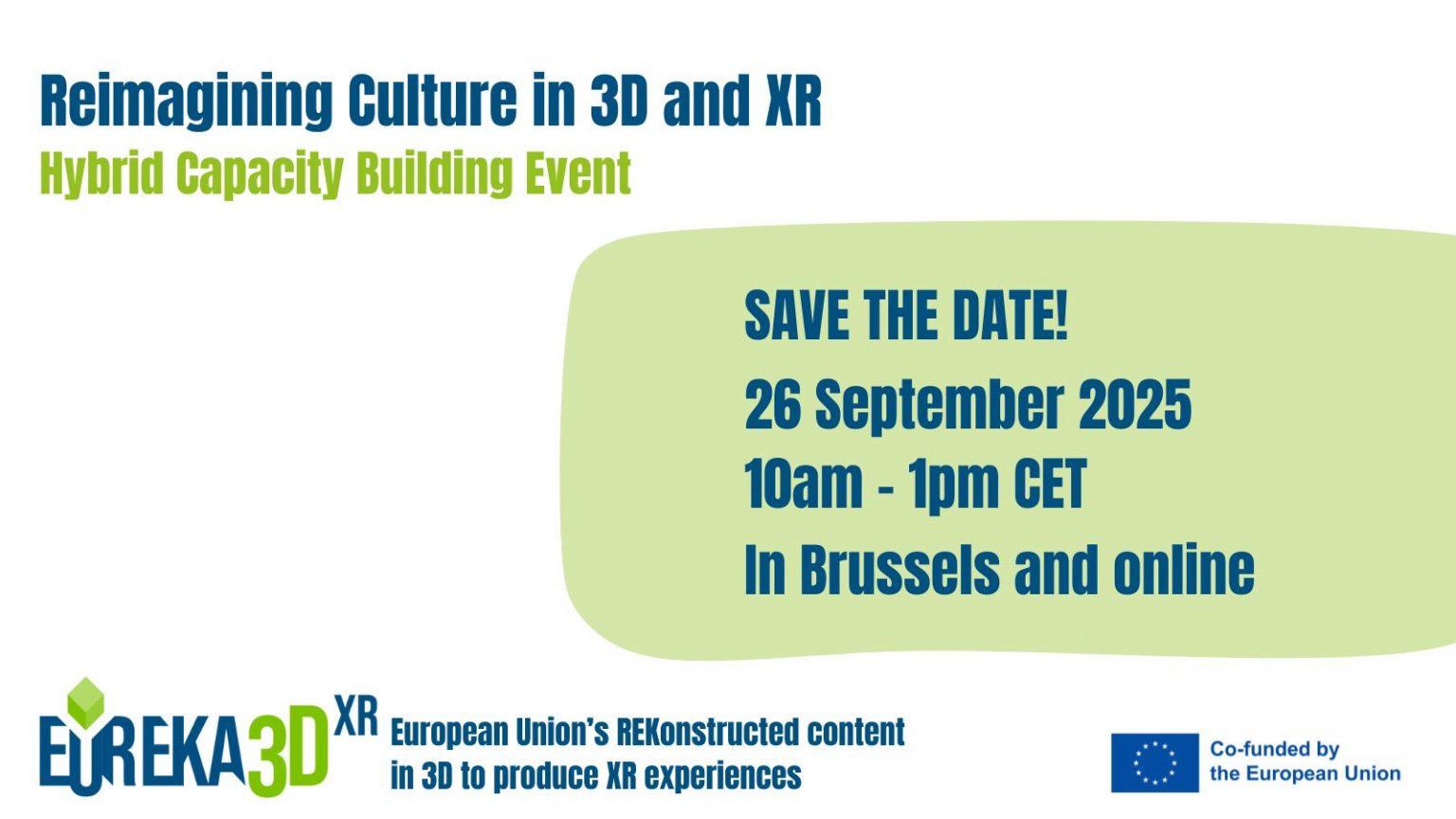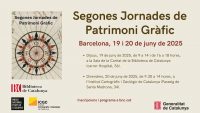A new agreement has been signed between PREFORMA (represented by the Project Coordinator Borje Justrell) and Europeana Space (represented by the Technical Coordinator Antonella Fresa).
The main objective of this agreement is the integration of the open source tools developed in PREFORMA (that control if a file complies with standard specifications and with other acceptance criteria specified by memory institutions) in the Technical Space of Europeana Space.
This would have the following benefits:
- For Europeana Space, the Technical Space could offer to its users a new functionality, i.e. to control if a file complies with the standard specifications and with other acceptance criteria specified by memory institutions. This is very important to ensure the long-term preservation of the digital data, which is a key aspect to be taken into account when creating, migrating and ingesting file into archives.
- For PREFORMA, this experiment could represent a proof of concept / test case where to try to embed the newly implemented software into a specific environment, as it is the ESpace web-based technical platform.
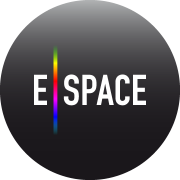 Europeana Space (www.europeana-space.eu) is a Best Practice Network project funded by the EC within the framework of the CIP BNP Programme, and its aim is to create new opportunities for employment and economic growth within the creative industries sector based on Europe’s rich digital cultural resources.
Europeana Space (www.europeana-space.eu) is a Best Practice Network project funded by the EC within the framework of the CIP BNP Programme, and its aim is to create new opportunities for employment and economic growth within the creative industries sector based on Europe’s rich digital cultural resources.
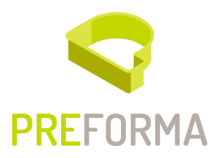 PREFORMA (www.preforma-project.eu) is a Pre-Commercial Procurement project co-funded by the European Commission within the framework of the FP7 ICT Programme with the aim to address the challenge of implementing good quality standardised file formats for preserving data content in the long term and to give memory institutions full control of the process of the conformity tests of files to be ingested into archives.
PREFORMA (www.preforma-project.eu) is a Pre-Commercial Procurement project co-funded by the European Commission within the framework of the FP7 ICT Programme with the aim to address the challenge of implementing good quality standardised file formats for preserving data content in the long term and to give memory institutions full control of the process of the conformity tests of files to be ingested into archives.


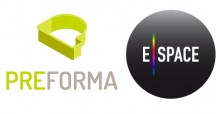
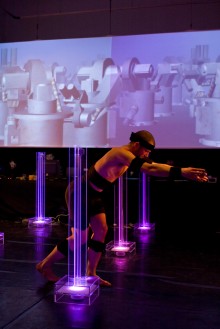
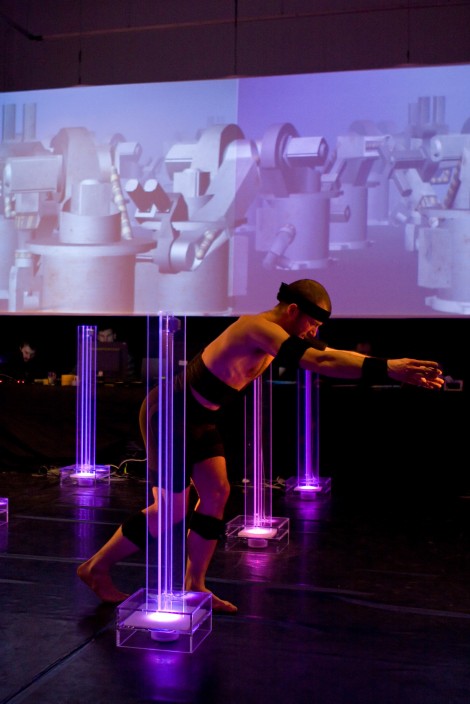
 LoCloud is a Best Practice Network that brings together a strong group of technical partners with network and regional aggregation service providers, and a number of partners representing specialised museums, public libraries and archives. LoCloud’s overall goal is to support small and medium-sized institutions in making their content and metadata available to Europeana and provides guidance, training and support services to meet the needs of content providing institutions.
LoCloud is a Best Practice Network that brings together a strong group of technical partners with network and regional aggregation service providers, and a number of partners representing specialised museums, public libraries and archives. LoCloud’s overall goal is to support small and medium-sized institutions in making their content and metadata available to Europeana and provides guidance, training and support services to meet the needs of content providing institutions.

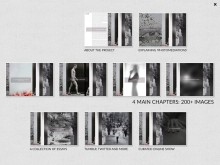
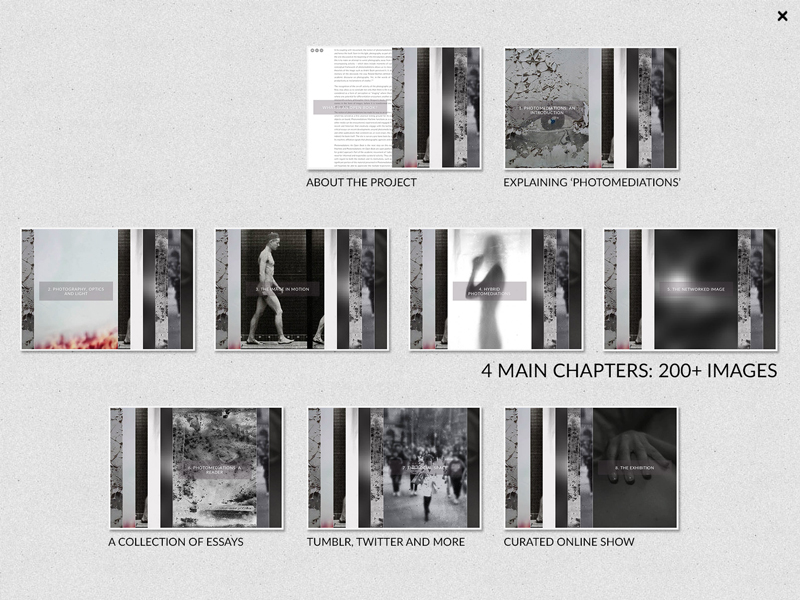
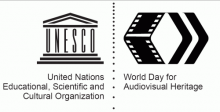

 For the last seven years MuseumNext conferences have focused on the future of
For the last seven years MuseumNext conferences have focused on the future of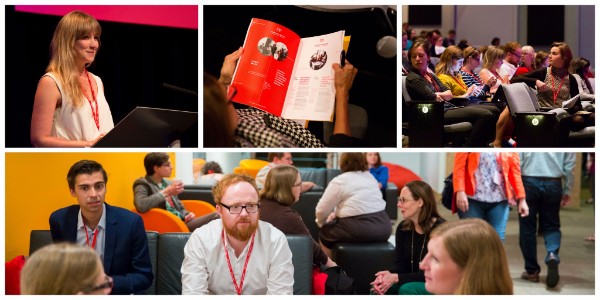
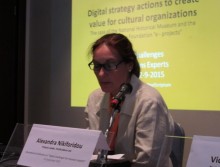
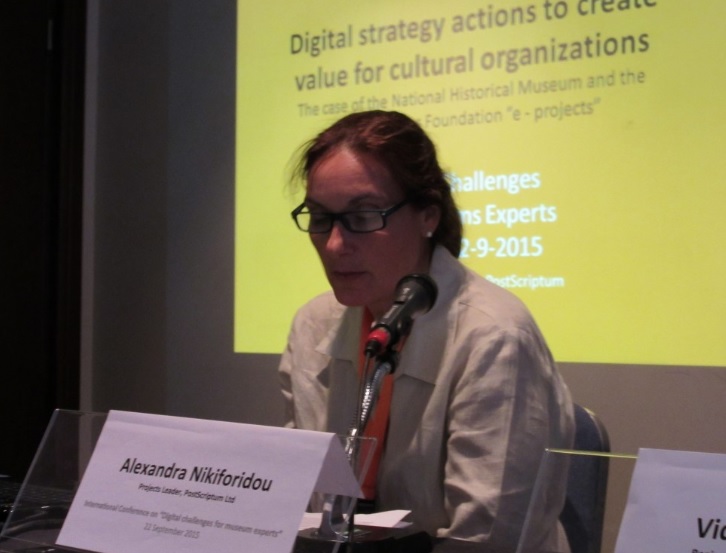
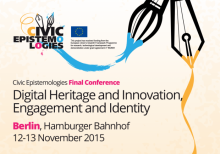
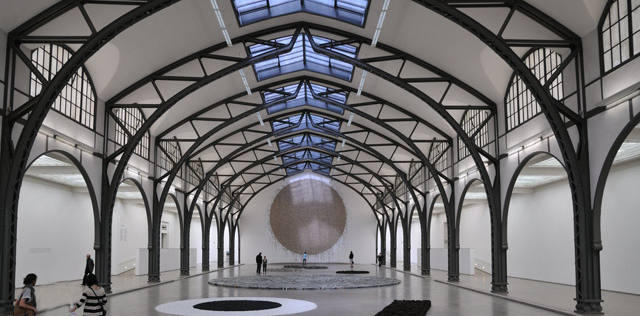 The International Conference will be hosted at the Hamburger Bahnhof in Berlin.
The International Conference will be hosted at the Hamburger Bahnhof in Berlin.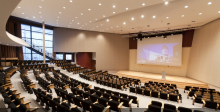

 If you have interesting news and events to point out in the field of digital cultural heritage, we are waiting for your contribution.
If you have interesting news and events to point out in the field of digital cultural heritage, we are waiting for your contribution.


